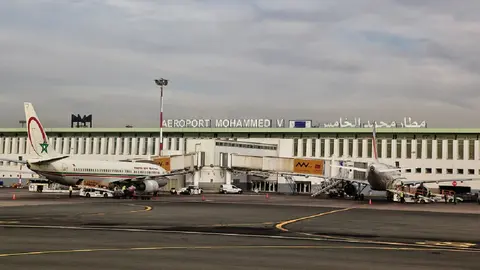Safety recommendations for Operation Marhaba- Crossing the Strait
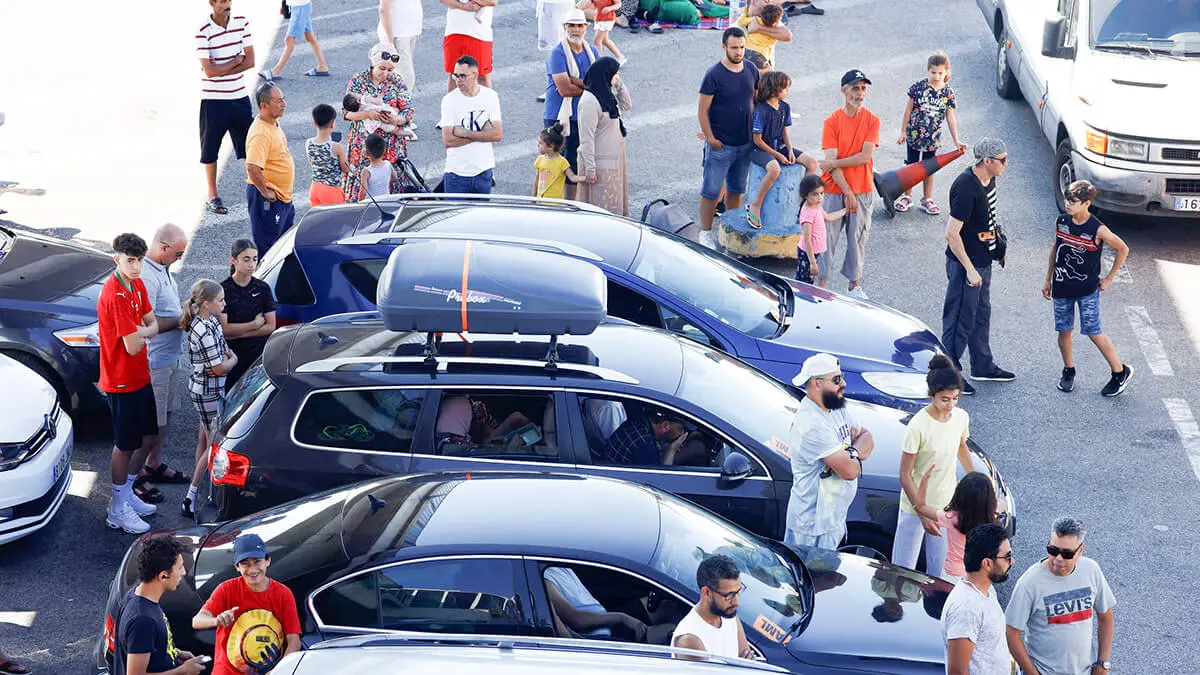
Safety is a priority on any journey. Operation Marhaba- Crossing the Strait (OPE), with a mobilisation of 3 million people and more than 700,000 cars, makes this priority unavoidable.
This year, the start of the OPE has been brought forward by two days (13 June) to facilitate passage and increase safety for those wishing to celebrate the Feast of the Lamb. A wide range of national and international organisations are involved. The final date for this mass mobilisation is 15 September.
What you need to know
This year, the staffing of the State Coordination and Steering Committee (CECOD) has been expanded. The human resources of Traffic and Civil Protection have increased by 5%, the presence of troops has increased by 18% and the Guardia Civil and National Police have increased by 6% compared to last year. In addition, the Ministry of the Interior has announced that the Red Cross will have an 18% increase in its presence to guarantee the safety of travellers.
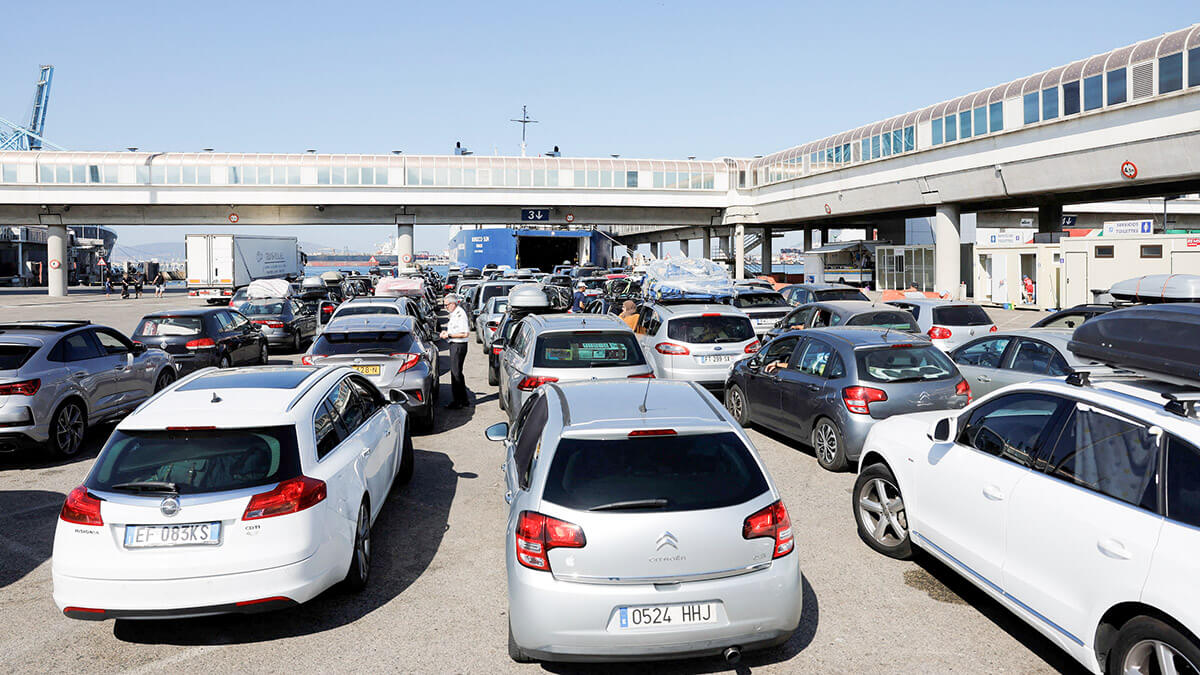
The DGT provides a series of advice to all car travellers. These recommendations are even more important this year because the volume of cars is expected to increase by 6%. In 2023, there were four deaths and eleven injuries. To avoid these accidents, the DGT recommends moderating speed, not driving while fatigued, wearing seat belts and taking a break every two or three hours.

In addition, the OPE has the participation of nine ports: Algeciras and Tarifa, Almeria, Malaga, Motril, Alicante, Valencia, Tangier, Ceuta and Melilla. At each maritime station there is:
- Free medical and social assistance
- Toilets and sanitary services
- Shaded area for resting
- Interpreting and translations
- Price-controlled food service.
We recommend that, if you are travelling by car, make sure you have enough water for both the driver and passengers at the maritime stations; avoid being in the sun for a prolonged period of time; and, if you have any problems, contact the staff at the station.
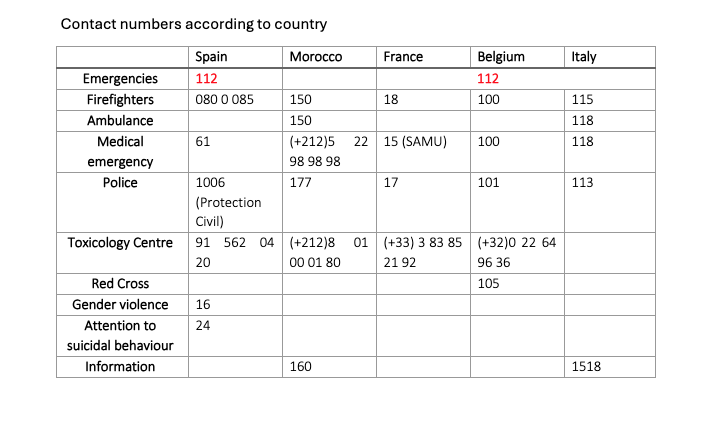
Emergency numbers and information:
- 112: Accident and emergency in Spain
- 177: Royal Gendarmerie in Morocco
- 190: Police in Morocco
- 062: Accident or emergency (Guardia Civil)
- 011: Traffic information (payable) in Spain
- +34 913 354 545: Information and assistance en route Red Cross (payable)
- Radio Nacional de España: check traffic conditions.
In addition, the Directorate General for Civil Protection and Emergencies (DGPCyE) recommends that all travellers purchase closed tickets well in advance. This ensures that passengers make their journey as smooth and organised as possible to avoid gridlocked crowds in busy areas. The DGPCyE provides AEMET weather forecasts for all Spanish ports on its website.
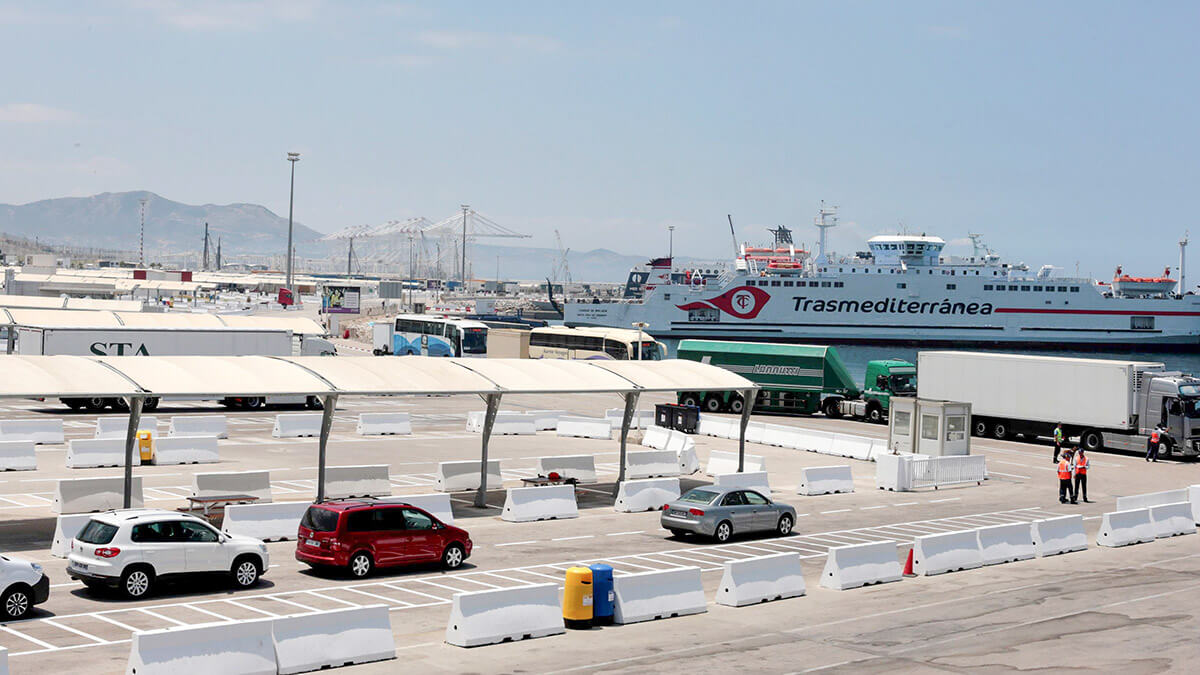
In the case of travelling with pets, it is necessary to carry a passport or animal health certificate of origin, models according to regulation 577/2013. In addition, the pet must be identified with a microchip, must have a valid rabies vaccination and must have a sample test taken at least 30 days after vaccination and at least three months before the trip.
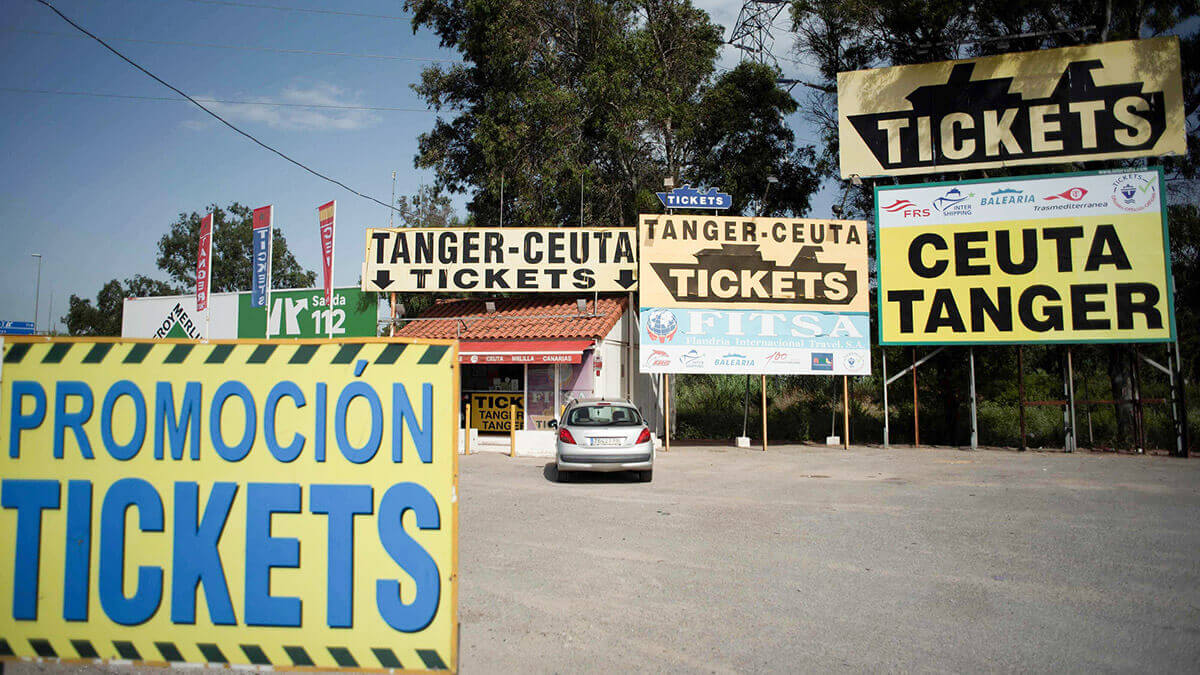
Other useful contacts:
- Guide to toxicology centres
- Guide to Spanish consulates abroad
- Ministry of Foreign Affairs, African Cooperation and Moroccans Residing Abroad
When to travel?
As in previous years, the Department of Homeland Security (DHS) considers a series of critical days. These are the days of greatest mobilisation during the three months covered by this operation: 1 and 5 August and 30 August and 1 September. We advise you not to travel on these days to avoid large crowds and long waiting times.
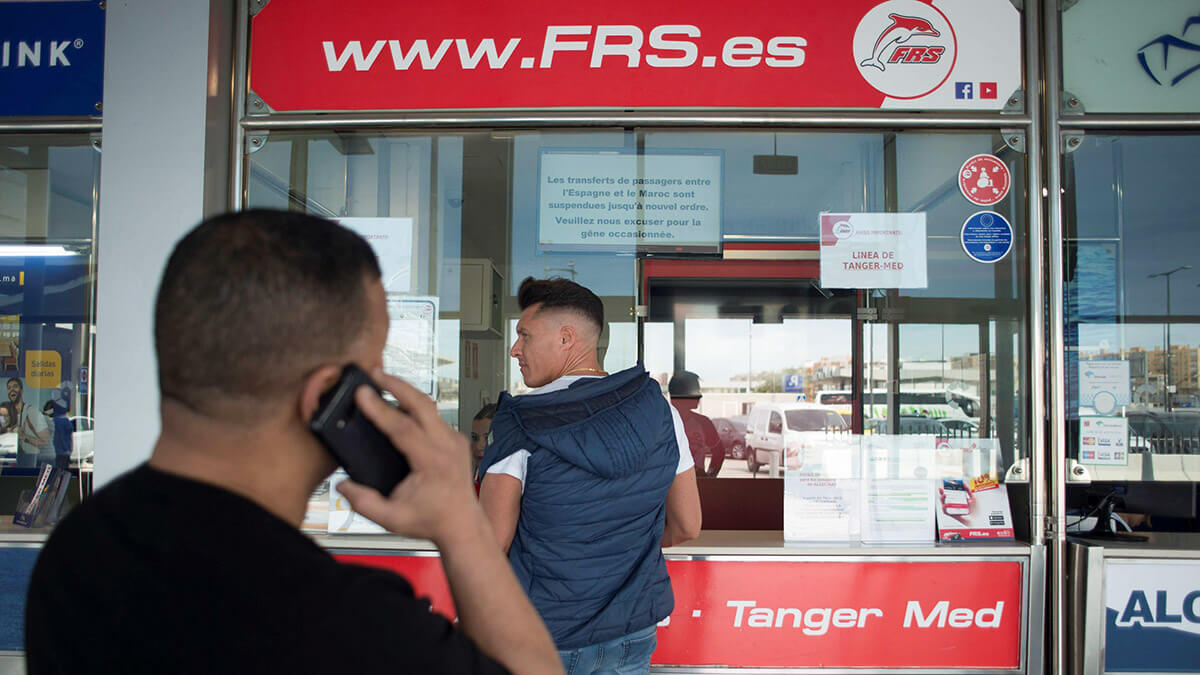
Morocco has an extensive calendar of events throughout the summer. If you want to avoid crowds, you should be aware of the dates of these festivities. However, if you are curious and want to experience some of the richness of Moroccan culture, we recommend that you pass through these towns and villages on your way. We even encourage you to have one of these events as your destination.
Junio:
- 19-27: Mawazine Festival - Rhythms of the World (Rabat)
- 20-22: Gnaoua and World Music Festival (Essaouira)
- 28: Eid al Adha (Celebration of the Sacrifice) (all over the country)
- End of the month: Popular Arts Festival (Marrakech)
- End of the month: Cherry Festival (Sefrou
July:
- Beginning of the month: Moussem of Moulay Abdallah Amghar (Moulay Abdallah)
- 7-25: International Cultural Festival (Asilah)
- Middle of the month: Gnawa Festival (Khamlia)
- Mid-month: Honey Festival (Imouzzer des Ida Outanane)
- 15-16: Timitar Festival (Agadir)
- 19: Ras as-Sana (New Year's Day) (All over the country)
- 21-3: Jidar, toiles de rue (Rabat)
- 27: Ashura (whole country)
- 30: Feast of the Throne (Whole country)
August:
- 14: Feast of Loyalty (all over the country
- 20: Anniversary of the King and People's Revolution (nationwide)
- 21: Youth Festival (all the country)
- End of the month: Setti Fatma Moussem (Setti Fatma)

